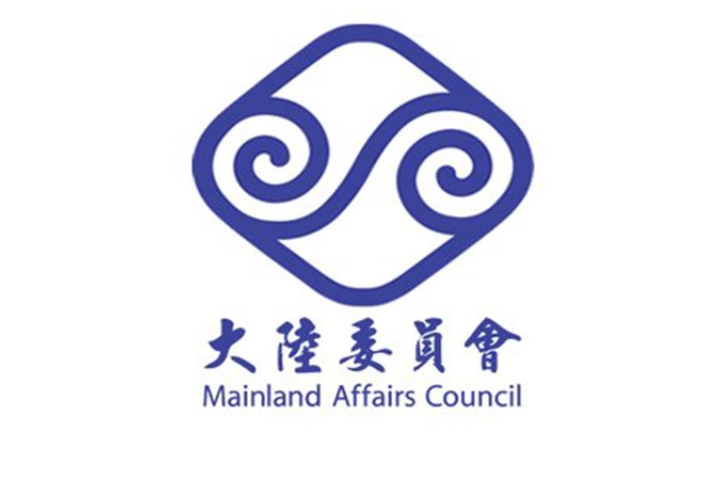

Representative Image (Image Credit: @MAC_Taiwan)
Confucius Institutes (CIs), non-profit educational institutions funded by the Chinese government, have been added to a list of political, governmental, and military bodies of China where Taiwan’s citizens are banned from working, the Central News Agency (CNA) reported, citing the Mainland Affairs Council (MAC).
Announcing the decision, the MAC in a press release said that the revisions to an existing act ban people of Taiwan from working for any Chinese organization engaged in matters linked to national identity and loyalty, united front work, or which poses a threat to national security.
The revised guidelines particularly prohibit citizens from working at Confucius Institutes — non-profit educational institutes funded by the Chinese government to spread the culture of China. These educational institutes have also come under suspicion as tools for political influence, CNA reported.
The organizations which have been included in the blacklist were the Association for Relations Across the Taiwan Straits (ARATS) which is China’s semi-official body in charge of handling technical and business matters with Taiwan and All-China Youth Federation and the All-China Federation of Taiwanese Compatriots.
As per the Act Governing Relations Between the People of the Taiwan Area and the Mainland Area (the Cross-Strait Act), people who work for banned organizations can face a fine of NT$100,000 to NT$500,000, CNA reported.
According to the Act, the person who breaches the rule is a government official or a person working in defense, foreign affairs, intelligence, China affairs, or other relevant agencies whose work is linked to matters of national security or other classified information, can face up to three years in prison.
The MAC said the Act has been revised to stop China from intentionally exploiting the regulations. It further said that it had originally established the guidelines in 2004 in accordance with the authority given to it under the Cross-Strait Act.
The MAC said that the rules, however, remained unchanged in the past 20 years, even as the Chinese underwent significant structural changes, according to a Central News Agency report.
After the announcement, the Taiwanese counterpart to the ARATS, the Straits Exchange Foundation, announced it would make efforts to explain the changes in the law to Taiwanese people travelling frequently between Taiwan and China, to ensure they do not accidentally run afoul of the law.
Prime Minister Narendra Modi on Monday extended greetings on the occasion of Eid-ul-Fitr. Taking to…
Prime Minister Narendra Modi is set to visit Jammu and Kashmir's Udhampur district to inaugurate…
Rescue efforts are underway in Myanmar after a devastating 7.7-magnitude earthquake struck the country, killing…
Taiwan detected one sortie of Chinese aircraft, eight Chinese vessels and one official ship until…
Baloch activist Mahan Baloch delivered a powerful intervention that shed light on the ongoing human…
Prime Minister Narendra Modi spoke with the Myanmar military junta chief, Min Aung Hlaing, and…